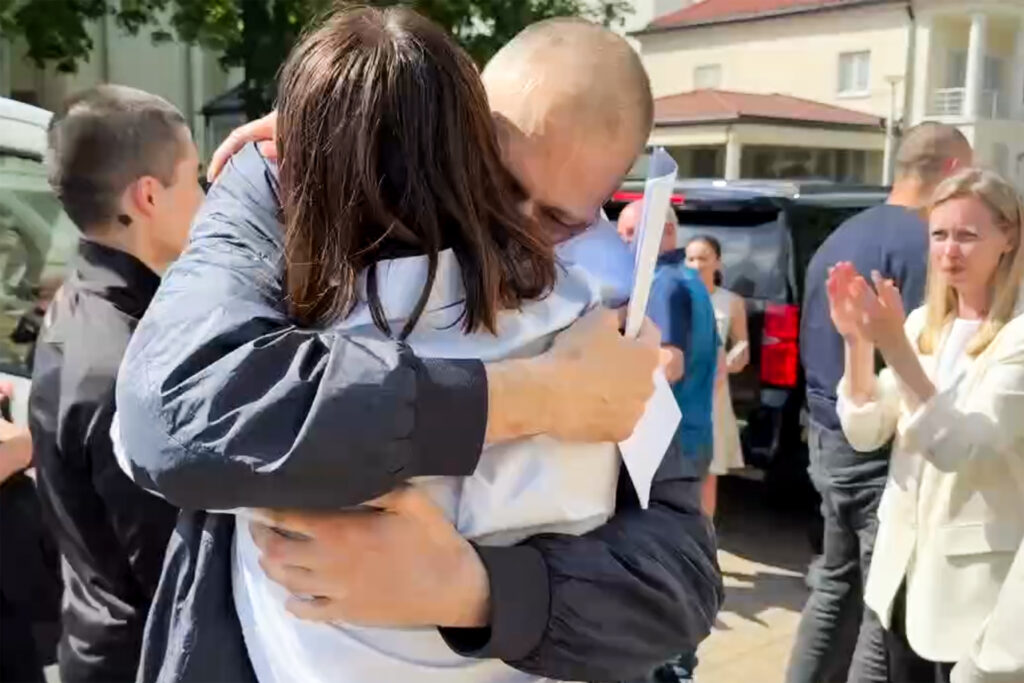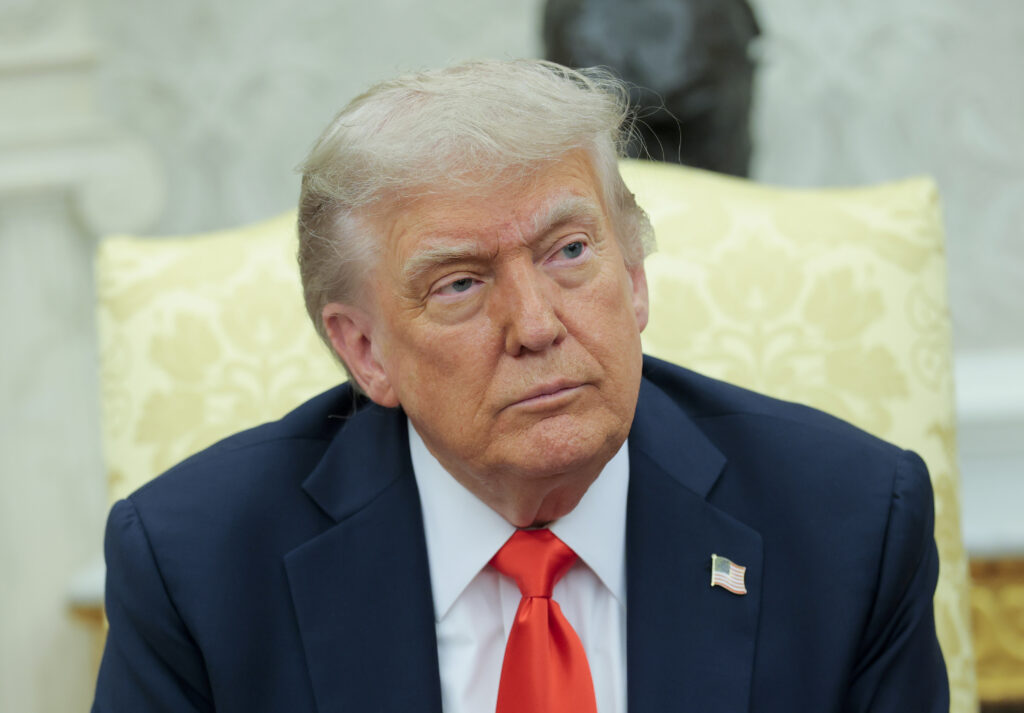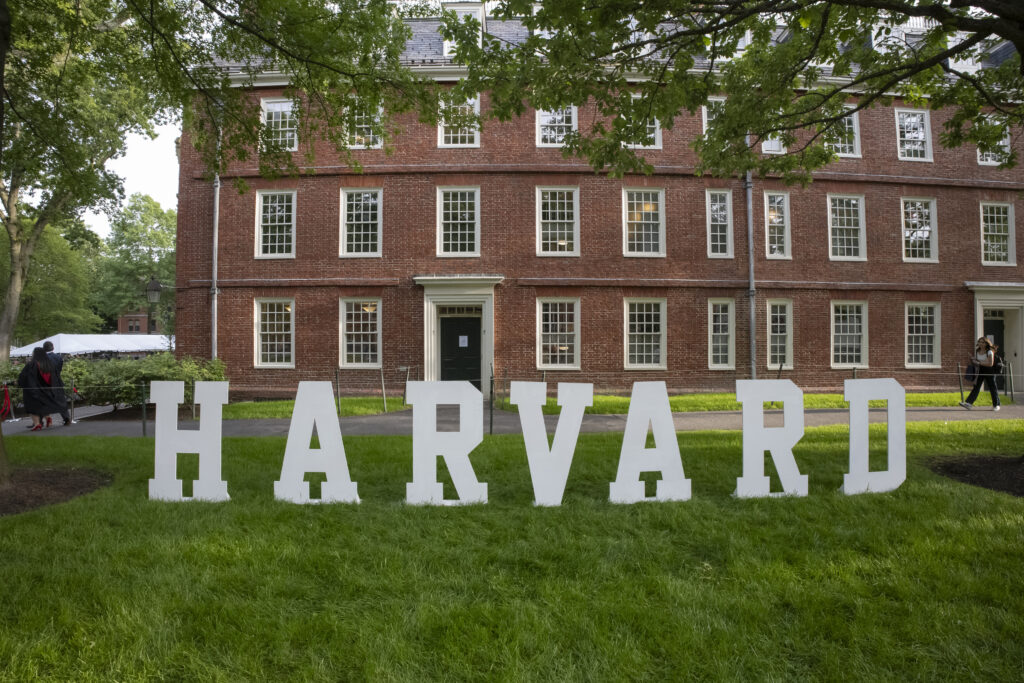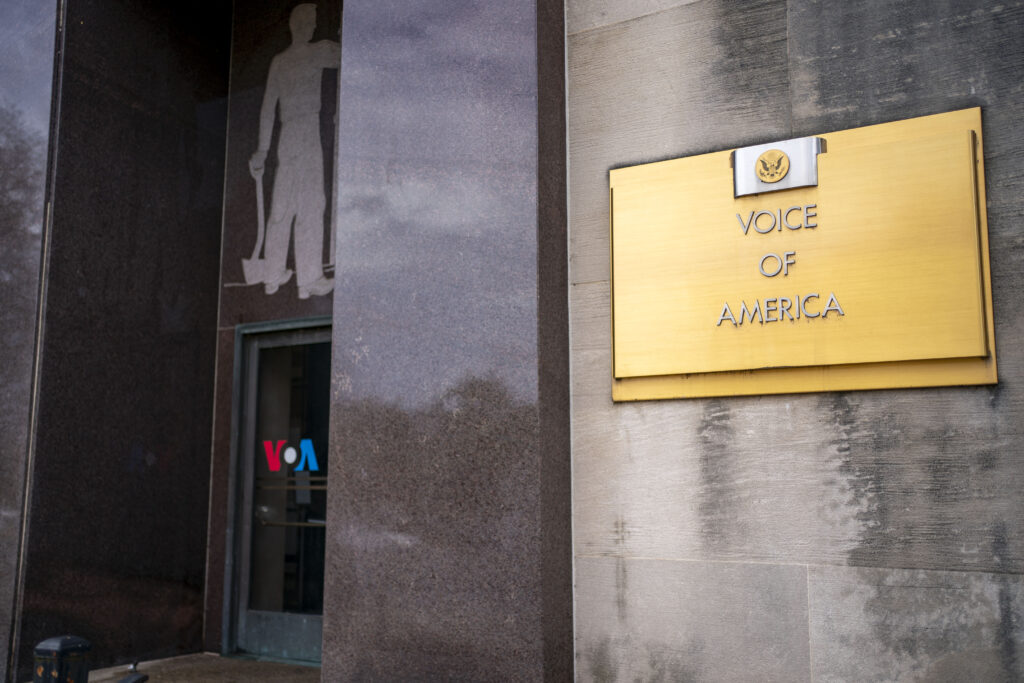Belarus frees jailed opposition leader after appeal from US
Belarus freed top opposition figure Sergei Tikhanovsky and over a dozen other political prisoners Saturday following an appeal from the White House, Minsk said, a sign of warming ties between Washington and Belarus-ally Moscow.The release came just hours after US special envoy Keith Kellogg met Belarusian President Alexander Lukashenko in Minsk, the highest-profile visit of a US official to the authoritarian state in years.Tikhanovsky’s wife Svetlana Tikhanovskaya, who took the mantle of the opposition movement after her husband’s jailing, thanked US President Donald Trump directly for brokering the deal.European politicians and members of Belarus’s exiled opposition also welcomed the news.The European Union hailed Tikhanovsky’s release as a “symbol of hope” and a leading activist calling it an “important moment”.Tikhanovsky, 46, had been imprisoned for more than five years.The popular Youtuber had planned to run against Lukashenko in the August 2020 presidential election, but was arrested and detained weeks before the vote.He was sentenced in 2021 to 18 years in prison for “organising riots” and “inciting hatred”, then to another 18 months for “insubordination”.Svetlana — a political novice at the time of his arrest — ran against Lukashenko in her husband’s place but lost after what the opposition described as widespread falsification. She later fled Belarus.”It’s hard to describe the joy in my heart,” she said in a post on X following her husband’s release.- Transferred to Lithuania -Among the 13 others freed were Radio Liberty journalist Igor Karnei, arrested in 2023 and jailed for participating in an “extremist” organisation.They have now been transferred from Belarus to Lithuania, where they were receiving “proper care”, Lithuanian Foreign Minister Kestutis Budrys said.Swedish-Belarusian citizen Galina Krasnyanskaya, arrested in 2023 for allegedly supporting Ukraine, was also freed, said Swedish Prime Minister Ulf Kristersson.Belarus, ruled by Lukashenko since 1994, has outlawed all genuine opposition parties. It is the only European country to retain the death penalty as a punishment.The eastern European country still holds more than 1,000 political prisoners in its jails, according to local human rights group Viasna.- ‘Sincerest joy’ -Lukashenko’s spokeswoman said the Belarusian leader ordered the release of the prisoners on Trump’s “request”, Russian state media reported.There was no immediate comment from the White House.Since taking office, Trump has engaged in direct talks with Vladimir Putin, ending his predecessor’s policy of isolating the Russian president.The two nuclear powers have since worked to normalise diplomatic ties, which have for years lingered at their lowest point since the Cold War.Tikhanovsky was for years held incommunicado, and in 2023 his wife was told that he had “died”.In a video published by Viasna on Saturday, he appeared almost unrecognisable, his head shaven and face emaciated.A charismatic activist, Tikhanovsky drew the ire of authorities for describing Lukashenko as a “cockroach” and his campaign slogan was “Stop the cockroach.” Lukashenko claimed a landslide victory in the 2020 election, a result that sparked massive opposition protests which authorities violently suppressed.The Belarusian autocrat claimed a record seventh term in elections earlier this year that observers dismissed as a farce.Fellow Belarusian political activists and foreign politicians welcomed the release of the 14 on Saturday.Poland’s Foreign Minister Radoslaw Sikorski expressed his “sincerest joy”, while Latvian President Edgars Rinkevics called Tikhanovsky’s freedom a “much awaited and long overdue moment”.Pavel Latushko, a former culture minister in Belarus who supported the 2020 protests against Lukashenko, said all those released had been jailed illegally. He hailed Tikhanovsky’s release as an “important moment”.European Union chief Ursula von der Leyen also welcomed Tikhanovsky’s release.”This is fantastic news and a powerful symbol of hope for all the political prisoners suffering under the brutal Lukashenka regime,” she said on X.Germany’s Foreign Minister Johann Wadephul said Tikhanovsky’s release was “fantastically good news”, in a post to X.”At the same time, we must not forget the many other prisoners in Belarus. Lukashenko must finally release them,” he added.








